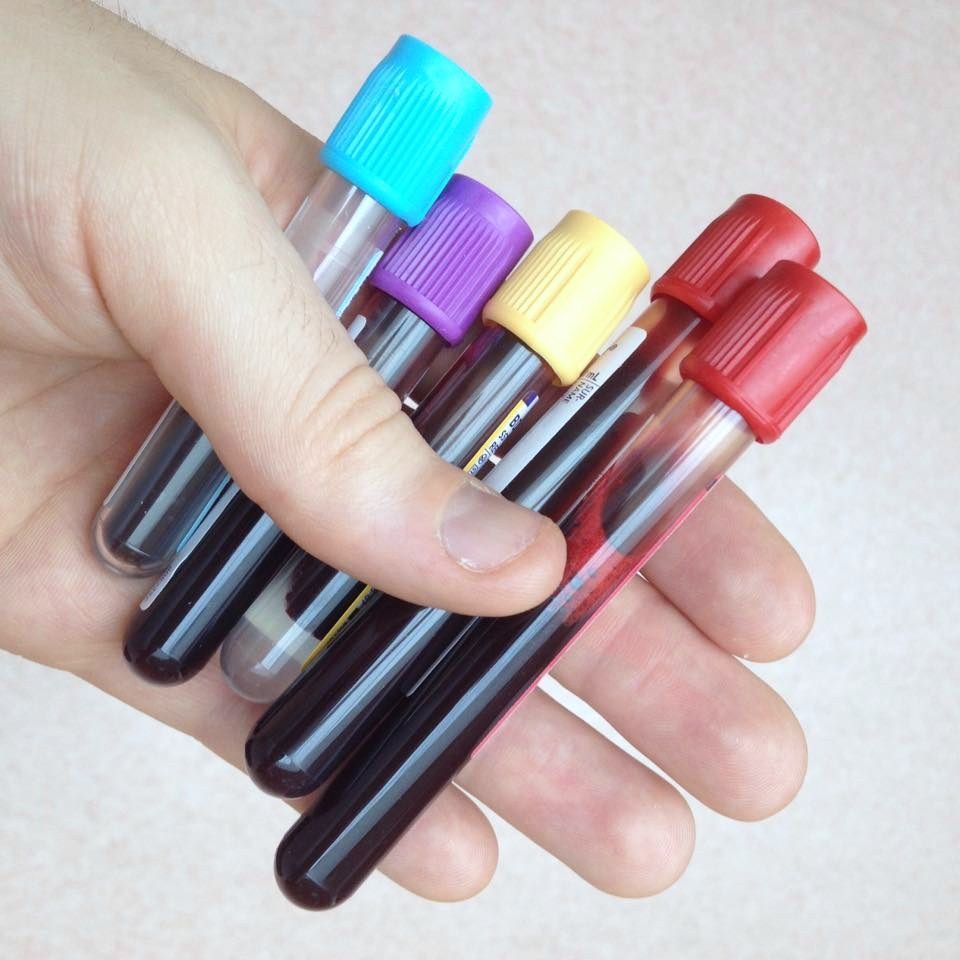A blood test for cancer detection at an early stage
Given the fact that chemotherapy comes with many side-effects and newer immunotherapies are still being tested and quite expensive, detecting a malicious tumour at an early stage and removing it surgically is the best treatment at the moment.
Furthermore, it is also not guaranteed that the current therapies are effective enough to kill the cancerous cells.
Therefore, it is so important to have a robust testing method which can detect different types of cancers. Current methods to identify cancers are for instance mammography and colonoscopy. However, a blood-based test has not been approved yet. When designing a cancer-detection blood test researchers, were faced with many challenges.
Quite recently, a lab group at the Johns Hopkins Sidney Kimmel Cancer Center published a paper in which they described their blood-test CancerSEEK for detecting early cancers. Their blood-test is based on two components namely ctDNA (circulating tumour DNA) and protein biomarkers. This CancerSEEK was tested on about 1,000 patients with non-metastatic tumours. Those included tumours of the breast, colorectum, lung, ovary, liver, stomach, pancreas, esophagus.
Although the results were not perfect, they were still promising. Their test was able to detect 70% of the cancer types considered. Moreover, the specificity was quite high (< 99%) and in < 80% of patients, it was able to localize the cancer.
This blood-test still needs to be further developed. Nevertheless, it laid a solid foundation for the development of cancer detecting blood-tests which may contribute to a more efficient cancer treatment therapy.

Nice information ..i liked it..follow by follow
Nice one,
It would really help if we can find cancer in its early stage. You might have heard of Dr Sangeeta Bhatia from MIT, she has given a nano-sized particle that will rome around your body and search the cancer cells.
https://www.ted.com/talks/sangeeta_bhatia_this_tiny_particle_could_roam_your_body_to_find_tumors
I actually haven't. But it sounds very exciting and I will check it out. Thanks!
Would be really amazing if it worked out.